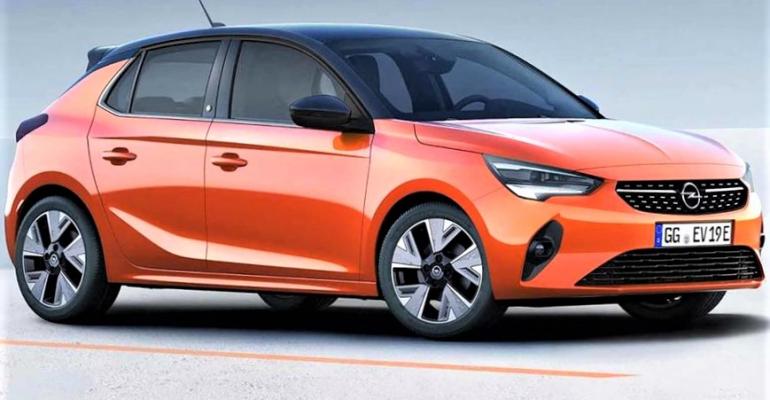PSA Group CEO Carlos Tavares says European governments are driven more by ideology than practicality in demanding that automakers transition into building and marketing electrified vehicles.
Speaking at the launch of the sixth-generation Opel Corsa – a model powered by internal combustion, with production of an electric version due to begin in early 2020 – Tavares also says the European Union and individual countries are “not fulfilling their obligations” to support automakers expanding their electrified product offerings.
European governments have not provided the financial support needed to make electrified vehicles affordable and have dragged their feet on developing a battery-charging network covering all of Western Europe, the head of the French automaker says.
The EU and many member countries also have failed to consider the practicality of deadlines set for bans on the sale of new vehicles powered by gasoline or diesel, Tavares says.
Those deadlines arrive as early as 2025 in Norway, 2030 in Denmark, Iceland, Ireland, Netherlands and Sweden, and 2040 in France, England, Wales and Northern Ireland, according to various news reports and industry and government sources. Individual cities have set deadlines as well.
“The main national governments of the European Union have made a big mistake in establishing a dogmatic debate with the automobile sector instead of confronting it in a pragmatic way,” Tavares says. “They should have chosen to be pragmatic and not dogmatic (about) that energy transition because otherwise, the industry will suffer and neither Spain nor France nor Italy nor Germany will escape.”
Introduction of the battery-electric Corsa-e, which Opel is building at a former General Motors plant in Figueruelas, 180 miles (290 km) northeast of Madrid, shows automakers have done their part to develop electrified vehicles despite slow sales, high prices and spotty charging infrastructure, he says.
“We have production plants and the organization to develop that vehicle, but not at the speed with which they intend to make that energy transition,” Tavares says. “People should understand that the electric car is more expensive than the conventional one. It has higher production and development costs, and it would be great if governments could let citizens know.
“The energy transition must be done at the right speed.”





